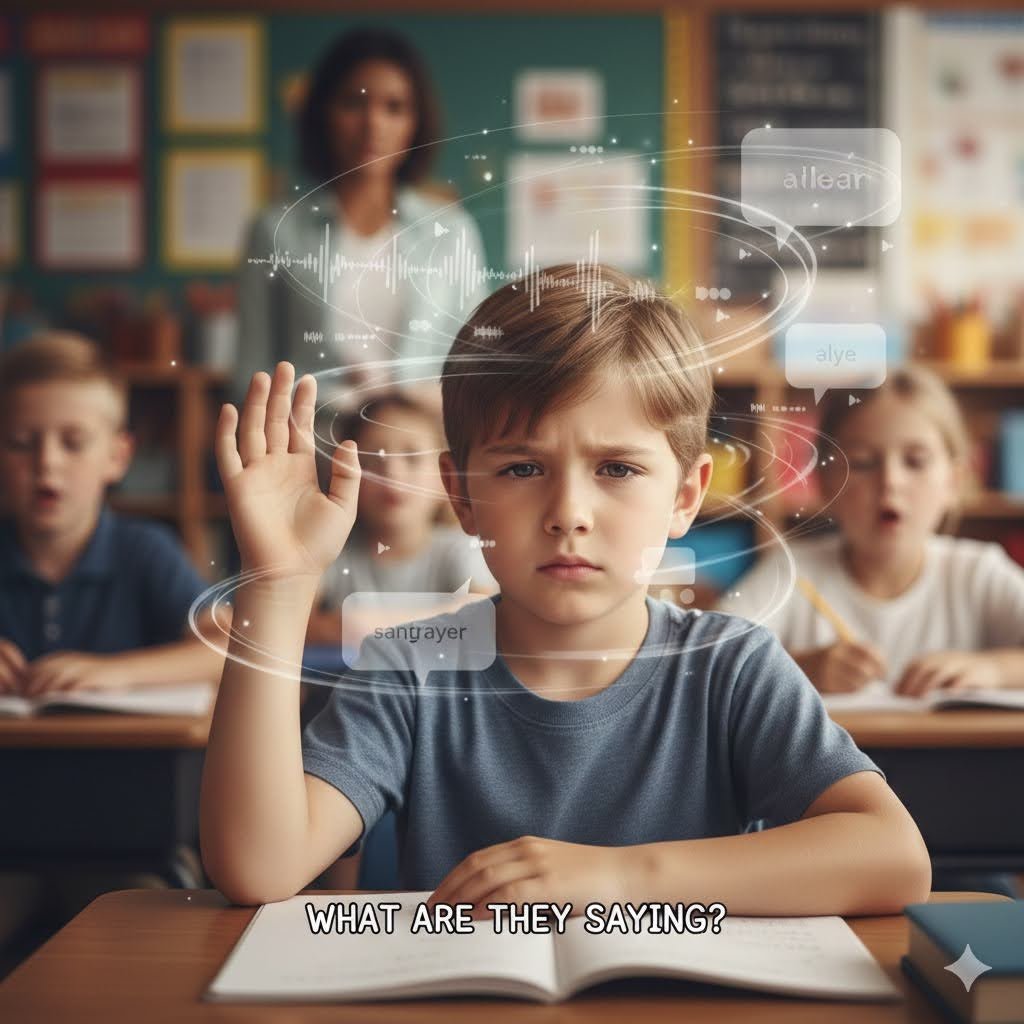For many neurodivergent folks, traditional therapy isn’t always the right fit. Long waitlists, awkward phone calls, and the fear of being misunderstood can make support feel miles away. That’s where AI therapy tools come in. Available anytime, they offer low-pressure, stigma-free space to explore your thoughts. Whether you need help untangling anxious spirals, tracking moods, or practising self-guided CBT, these apps provide structured support at your pace, without the small talk or fluorescent lighting.
1. Cogs AI
Designed by neurodivergent individuals, Cogs AI offers tools to identify burnout signs, track daily stressors, and build personalized self-care routines. It includes features like visual stimming, mood tracking, and neurodivergent-specific affirmations.
2. Goblin Tools
A suite of simple, task-oriented tools to assist with executive functioning challenges. Features include:
- Magic To-Do: Breaks tasks into manageable steps.
- Formalizer: Adjusts the tone of your messages.
- The Judge: Provides feedback on message tone.
- The Professor: Offers concise explanations on various topics.
3. NeuroTranslator
Facilitates communication between different neurotypes by translating text and speech, helping users decode social interactions and reduce misunderstandings.
4. InFlow
An app developed by ADHD clinicians to help users understand their neurodivergent brain, build lifelong skills, and manage daily tasks effectively.
5. MindMate
Provides personalized coaching for individuals with ADHD, offering features to enhance focus, manage tasks, and develop coping strategies.
6. Hazel by Spicy Minds
Utilizes AI and psychological assessments to offer personalized strategies for families navigating ADHD and autism, especially useful during long diagnostic wait times.
7. EndeavorRx
An FDA-approved video game designed to treat ADHD in children aged 8–12, focusing on improving attention function through interactive gameplay.
8. Woebot
An AI chatbot that delivers cognitive behavioral therapy techniques, helping users navigate emotional challenges with humorous and caring interactions.
9. ChatGPT
Many autistic individuals find ChatGPT helpful for therapeutic conversations, brainstorming, and navigating social interactions, providing a non-judgmental space to express themselves.
10. Spoken AAC
An augmentative and alternative communication app that assists individuals with speech and language impairments, offering predictive text and voice output features.




